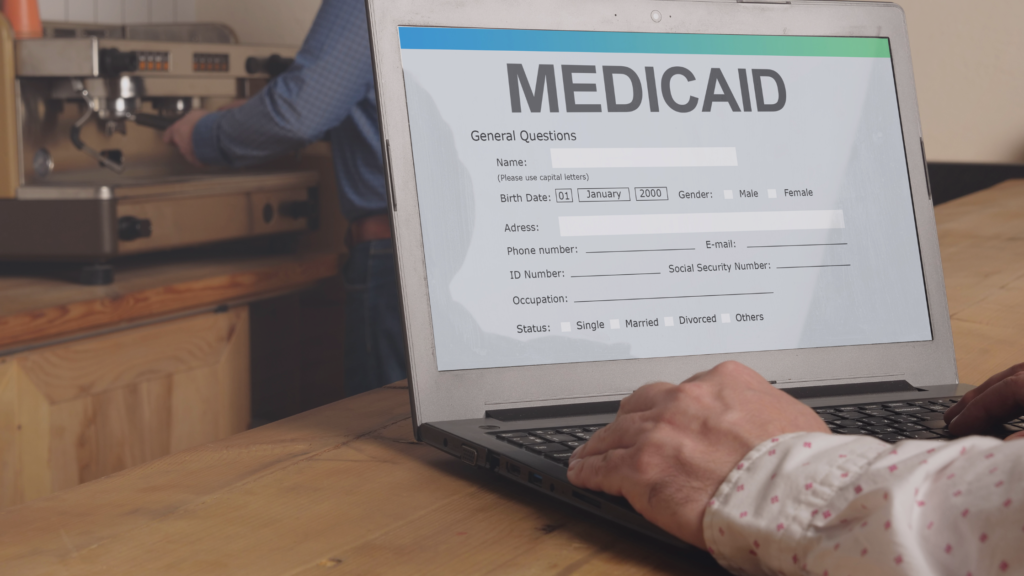The need for an estate plan is always important, however, it can be especially
valuable if long term care is needed for a loved one. This is especially true with the many
changes in regard to Medicaid eligibility. The community spouse resource allowance is
calculated based on the amount of countable assets held by the couple when one of them
needs nursing home care.
Generally, the more assets the couple is holding on the date they enter the nursing
home, the more the community spouse may keep. The couple may be able to maximize
their assets if their residence has been conveyed to a revocable trust. While their residence
is generally not a counted asset, all assets in a revocable trust are counted. After a spouse
enters a nursing home, the property can be conveyed from the trust to the community
spouse and is no longer a counted asset. This transferring of the property allows the value
of the home to be included in calculating the couple’s assets. This could be a significant
increase in the community spouse’s resource allowance.
It is important, if nursing home placement is anticipated, that clients discuss
options for increasing their assets prior to the date of nursing home admission. Being able
to increase their assets allows the community spouse to increase the assets they may keep.
Burgess and Sweeney Law, P.C. continue to advise clients on estate planning, elder
law, Medicaid planning, probate and trust administration, guardianships and
conservatorships, business law, and real estate. As a result of the constantly changing
laws in these areas, the information provided may change. We would be pleased to
discuss this, or any other issues, in more detail.





